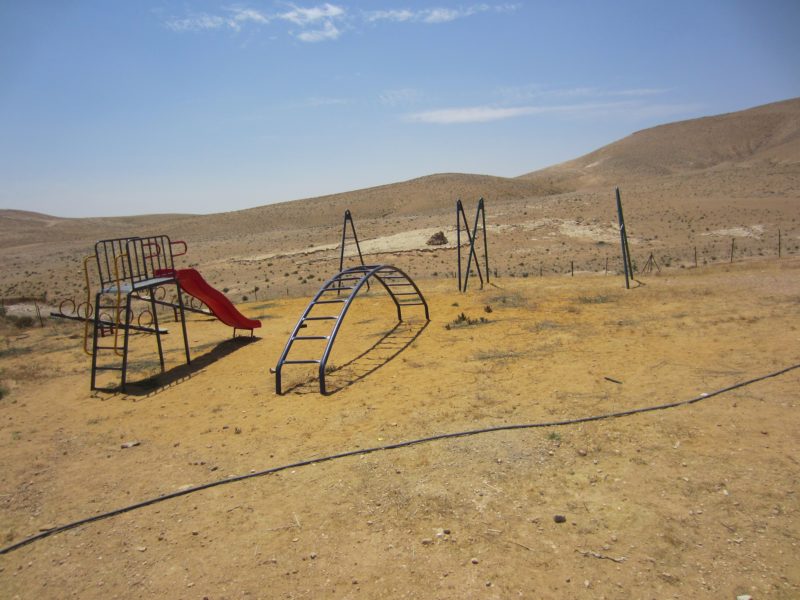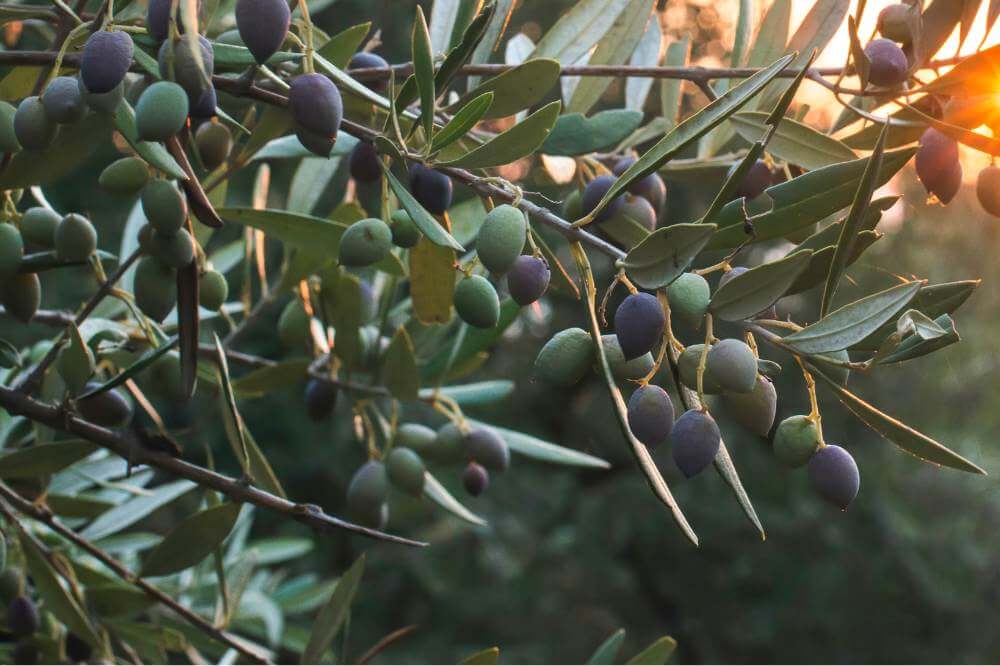End of the Line
“It’s not the end of the world but it’s within walking distance”.
The first time I heard this was regarding my USAF assignment to Minot Air Force Base in North Dakota. I have yet to meet a USAF veteran who didn’t know of Minot. It is infamous for its remote location and rugged winters. Despite the brutal weather, we established lifelong friendships.
Dkaika is a remote Bedouin Village in the South Hebron Hills called Masafer Yatta. It is about a 10 minute walk to the 1949 Armistice boundary (Green Line) between the West Bank and southern Israel. There is no wall, fence or even a sign delineating the boundary. Just waves of semi – desert hills as far as the eye can see. Unfortunately it is the end of the line not only in terms of geography.
The Israel Civil Administration intends to move all Masafer Yatta Bedouin villages to four consolidated Master Plan villages. The Israeli process of implementing their plan is largely based on disincentives. Every structure in Dkaika is under Israeli demolition order. The Israeli Civil Administration plans to expel the Bedouins in Dkaika to a village about 3.5 miles north called Hameeda. Rabbis for Human Rights consider the planned expulsion to be a violation of international law. The Israeli judicial system has issued temporary freezing orders which basically states that if Dkaika doesn’t build any more structures the Israeli military cannot demolish existing structures.
Dkaika’s elementary school (grades 1 – 6) was demolished a few years ago and rebuilt by the UN. It currently has 52 students. The school’s resources are scarce. The attached picture shows their meager play ground and the only one in the village. The HeadMaster would like to add a 7th grade in an effort to address the drop out rate which is related to the lengthy walk to the middle school in a nearby village. The school has requested a resource room be added but the UN is hesitant to proceed because of the freezing order. They are working on creative solutions like converting an existing shed.
For Bedouin shepherds, water is critical for personal needs but also to sustain their livelihood. A water pipe built by an Italian organization flows southward through other villages before ending near Dkaika resulting in meager supplies for their sheep, goats and camels. Since Israel controls the amount of water released there is little that can be done.
Access to primary medical care is a two day per week Doctors Without Borders clinic in Khirbet al Majaz which is an uphill hike from Dkaika that takes about 1.5 hours. Individuals requiring complex care have to travel most of the day to Hebron.
The longer the conflict between Israel and Palestine continues, remote Bedouin villages like Dkaika not only suffer but deteriorate. I have met a number of the Bedouins who have lost faith in world wide government leadership. They are not quite at the end of the line but it appears they are within walking distance.
From MC blog


